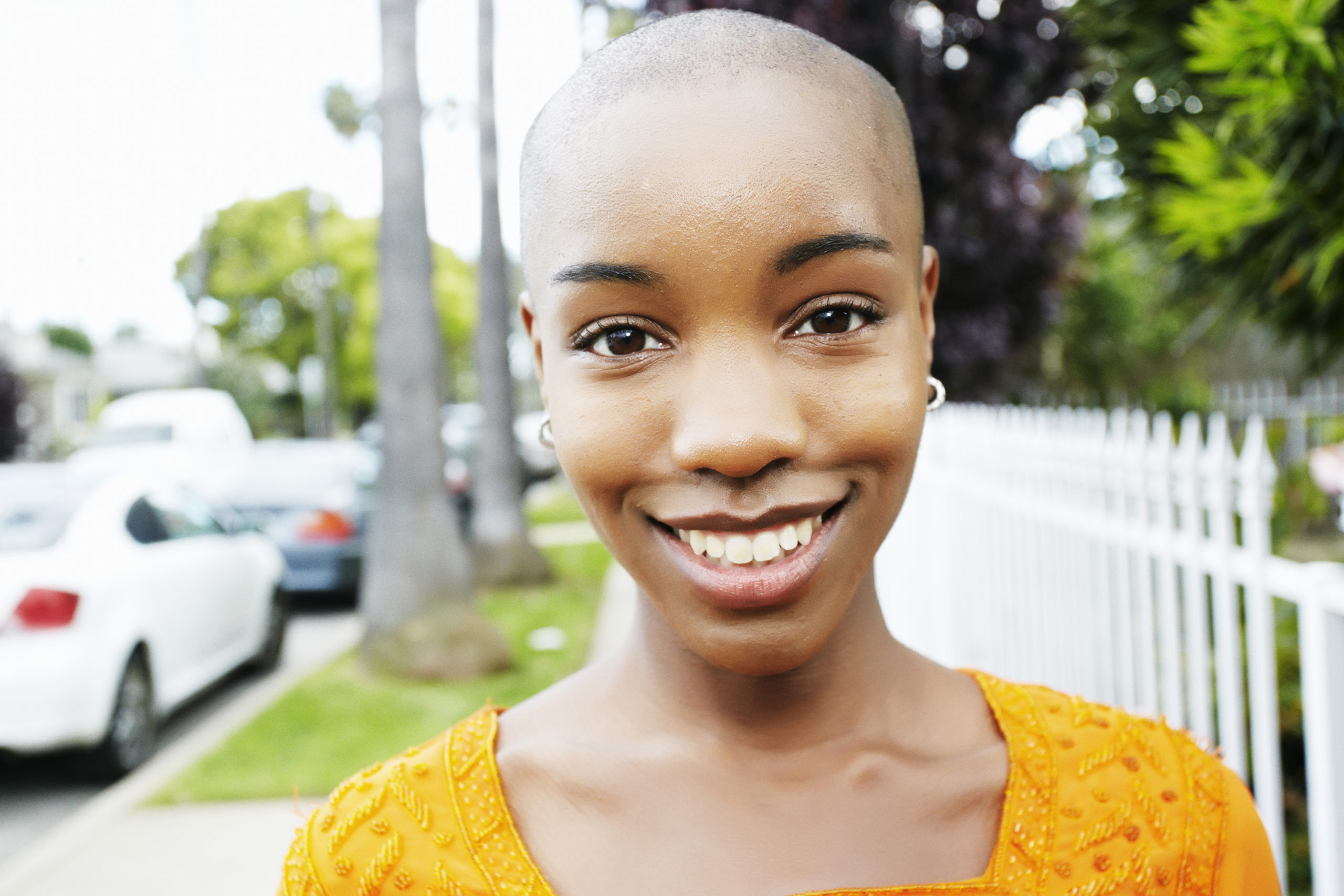
In the realm of chronic or severe conditions, clinical trials can be a sign of hope for patients. However, what happens when a certain group or groups are underrepresented in them? This is the case for Black women who are severely underrepresented in these studies.
While Black Americans represent 13% of the total US population, they only make up 5% of clinical trials. Although this may seem innocent at first, it has tremendous implications for Black women patients. Leaving Black women out not only blocks a possibility of treatment, but stunts research into why certain diseases vary in how they affect different populations.
For breast cancer, underrepresentation prevents us from answering the question of why Black women are less likely to to develop the disease but also more likely to die from it. If you are a Black woman living with advanced breast cancer, consider doing your research on available clinical trials and talk to your doctor about exploring them.
While every trial and medical team is different, there are common causes as to why Black women are often left out of clinical trials. The first reason may be the feelings of the patient. A cancer diagnosis can lead to feelings of isolation, anxiety, fear, and shame.
This can lead to decision paralysis on what the patient should do and what treatments they can seek. While the traditional course of treatment may be well explained, clinical trials may not be fully discussed by your healthcare provider.
Leverage support groups as not only a way to find community, but also a resource to talk to others about their experience with clinical trials.
Ask them what factors they considered and any benefits or risks that were presented to them. Accompany this with your own research in order to be prepared to have a discussion with your doctor and make an informed decision.
Another barrier is just lack of knowledge and accessibility. A common obstacle of clinical trials is making them accessible to everyone. Trials typically happen during work hours and in hospitals or clinics. This can make it hard for those who are low-income or work full-time as they cannot come in the middle of the day to participate in the trial.
While some clinical trials offer a financial incentive, this may not outweigh what they would be missing out on. Consequently, those in clinical trials are typically white and wealthier. If you are interested in a clinical trial, talk with your healthcare provider. If your HCP does not have full knowledge, do some independent research on what hospitals and clinics are offering around you.
The first step to doing research about clinical trials is finding resources that share these opportunities. If your HCP is not a good resource, start your research with advocacy websites for breast cancer. Some websites include Cancer.org or the Dr. Susan Love Foundation.
If no trials are currently running, you may be able to add your name to a list to be notified. Identifying a platform with cancer trials is the first step, but this is just the foundation of your research.
Once you are connected with a trial, find out if you’re eligible. Trial eligibility requirements vary based on the goals of the research and the condition. The most important step of the research is looking into actual study.
How long is the study? What is the preliminary research backing it? Where is the trial located and is this feasible for you? These are important factors to consider before taking the next step. Finally, take this information to your treatment team.
They will need this information to give you a recommendation on whether to pursue it or not. While the final decision is yours, the perspective of your HCP can be an essential one. Once you’ve made a decision, get in contact with the clinical trial team.
You can also request that your doctor calls for you. Ask them any questions or concerns you have. If you, your doctor, and trial team decide that it is a good fit; then make any necessary arrangements to get it started.
Although your healthcare providers and treatment team are essential in your journey to healing, you are the ultimate owner of your body and its health. If you would like to be considered for a clinical trial, talk with your doctor and do some independent research on what opportunities are out there for you.









